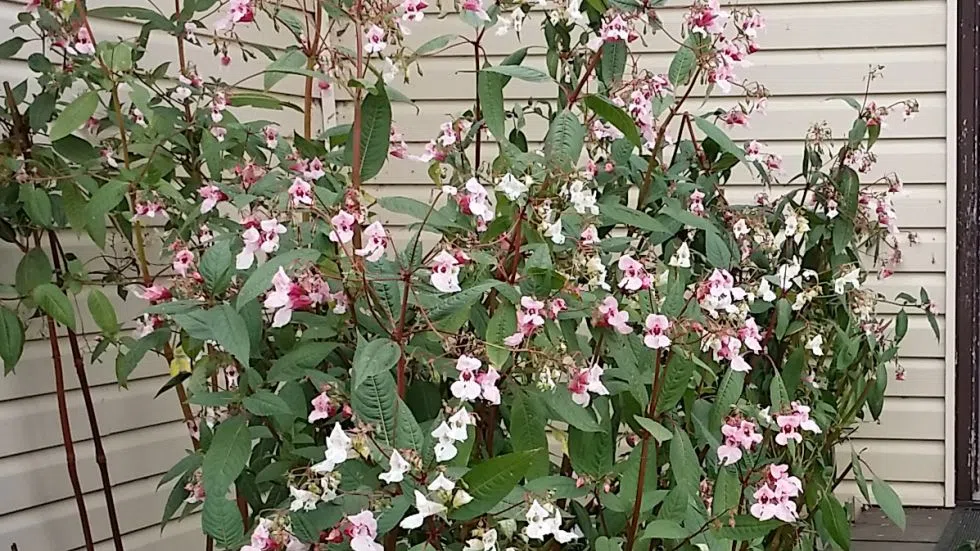
Local conference tackles issues around weeds, pests
A conference in Prince Albert earlier this week looked at invasive weeds and what can be done to help farmers, municipal representatives and residents stop them from spreading.
The conference happened Tuesday and included discussions on weed management, best practices for working in infested areas, weed control, insects and control of invasive plants. The North Sask. River Basin Council worked with the South Sask River Basin Council and SaskEnergy to host the conference.
Annette Smith, agri-environmental technician with the council, said the event was a chance to provide education on issues around invasive species and pests, both for rural municipalities and urban areas.
“A lot of the weeds, they don’t stop at private roads, it’s on private land as well,” Smith told farmnewsNOW. “It’s a challenge for everybody.”


